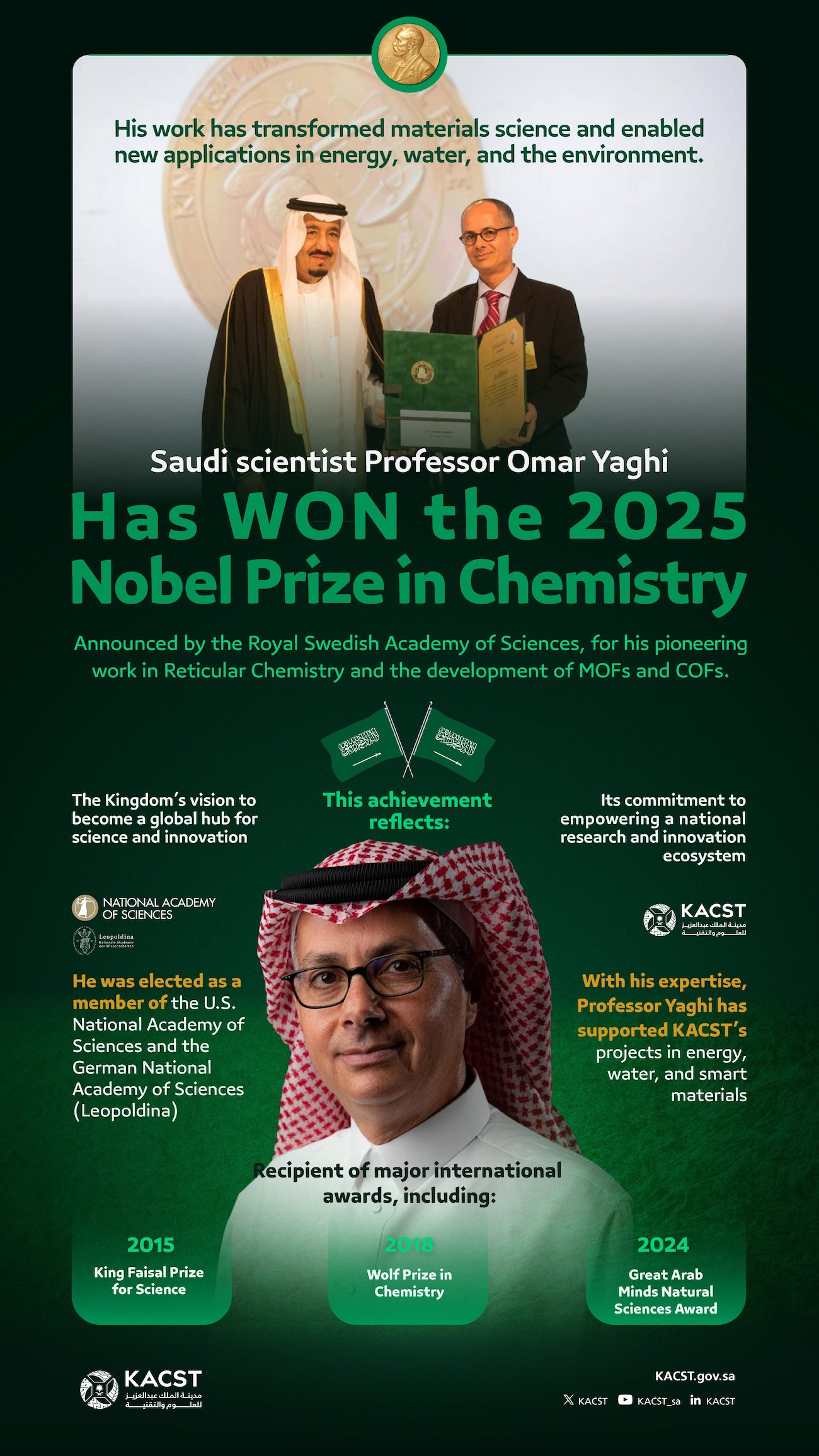RIYADH: Franco-Lebanese artist Zeina Abi Rached presented her celebrated novel, “Le Piano Oriental,” as part of Riyadh Music Week.
The event on Dec. 9, held in collaboration with the French Embassy in Saudi Arabia and the Alliance Française de Riyad, saw the Fenaa Alawwal Center vibrate to the rhythm of notes and words.
The artist captivated the audience by weaving a link between past and present. Inspired by the legacy of her great-grandfather, the inventor of the oriental piano, she shared an emotionally rich story, combining narration, illustration and melodies performed by composer and pianist Stephan Tsapis.
Abi Rached told Arab News: “For ‘Oriental Piano,’ the main character is my great-grandfather Abdallah, who became Abdallah Camandja, but whose name was Abdallah Chahine. I didn’t know him, but I’ve heard a lot about him. Throughout my childhood, I was told: ‘This is Camandja’s piano’ so there was something of a myth surrounding (it). The mention of his name and his piano was surrounded by an aura of mystery.”
Tsapis created the album “Mataroa” as a showcase for the spoken word, in particular, the voice of his own father recounting the forced exile of Greeks due to civil war. With “Le Tsapis Volant,” the aim was to blend the distinctive sound of the oriental piano with female voices of diverse origins.
Abi Rached told Arab News: “I always read comics as a child. I remember there were comic books in my family’s library, and they were very common.”
“I felt a very strong urge to write and draw in the early 2000s, when I was 19 or 20, at the time of the reconstruction of Beirut, the city as I had known it up to then, i.e. a city at war, which was in the process of altering and changing. I felt the need to keep a record of this change. That’s how writing and drawing came into my life,” she added.
“In general, the characters in my comic strips are family members or friends. I gathered stories from all of them, from neighbors, family ... from all the people around me at the time.”
During the evening, Abi Rached not only honored the memory of her grandfather, but also reminded everyone of the importance of art as a means of expression and connection, uniting generations through the magic of stories and melodies.
She said: “Art, and especially comics, has served me well, for example, when talking about difficult things, such as the memory of war. It’s a way of synthesizing everything. The message can be very powerful and can be without words, and a picture can sometimes express it much better than a long speech. That’s how you provoke a sensation, an emotion. And it’s probably thanks to this that we can better understand and appropriate certain notions that are not obvious.”
Abi Rached immersed the audience in a magical atmosphere, where black and white images evoked her childhood in Lebanon. Every word, every illustration opened a window on a vibrant past, where memories mingled with the dreams of a country in search of rebirth.
The duality between black and white and the bright colors of the country was palpable, illustrating a poignant contrast between the beauty of memories and the reality of a country under reconstruction. In leaving Lebanon, Abi Rached not only left behind a place, but also a part of her identity.
Her story resonated with those who have had to move away from their native land, but also with the hope of a better future. Through her talent, she shone a light on forgotten stories, paying tribute to a Lebanon that lives on in the hearts of its natives.
































